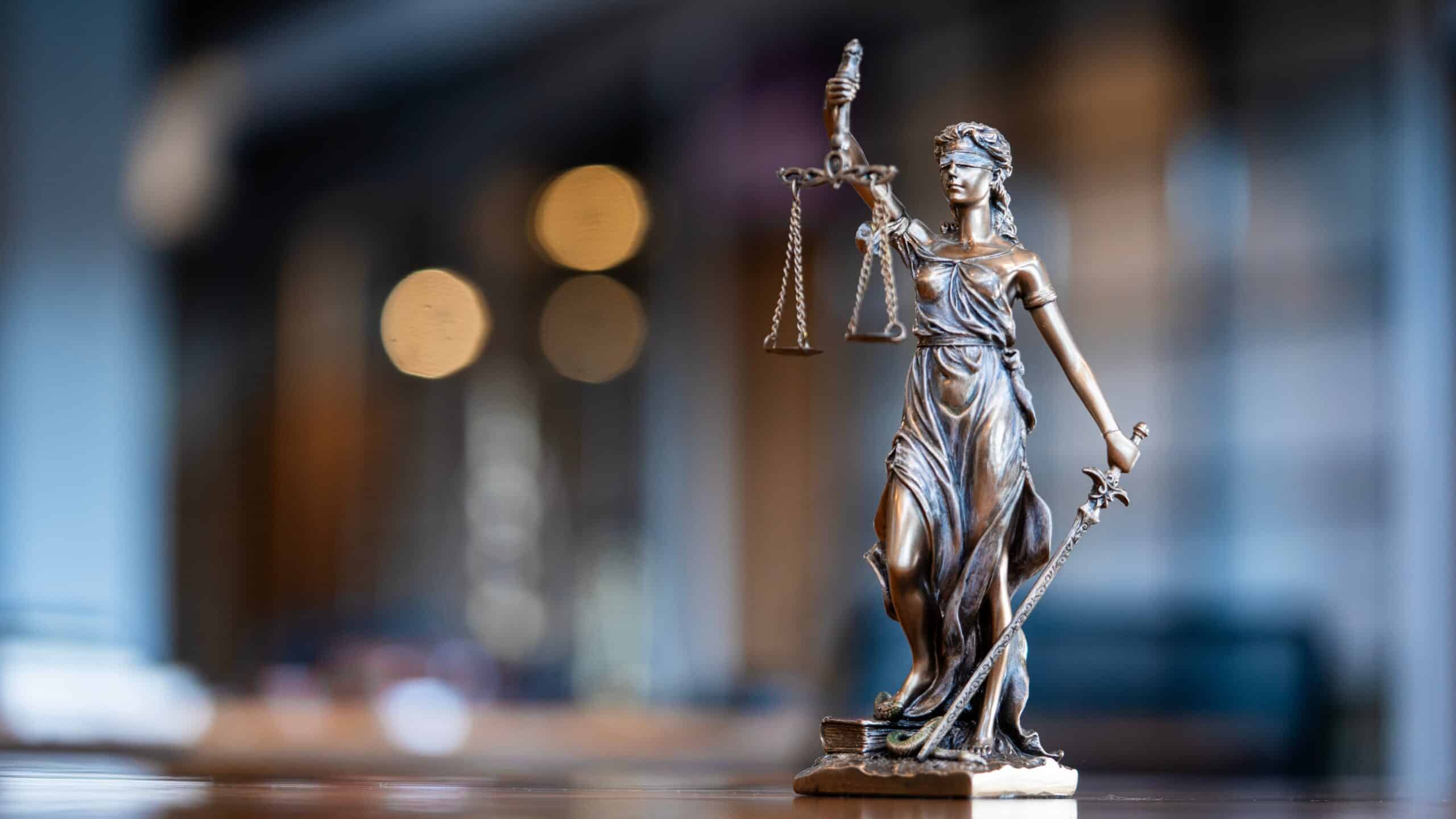How Social Media Evidence Can Hurt Your Denver Criminal Defense Case
September 26, 2025

Raising Self-Defense in Assault Cases
Colorado’s Cyberbullying Laws: Legal Consequences and Defense Strategies
Posted by: Jacob E. Martinez
Category: Identity Theft
Digital evidence is often key in identity theft cases, but it’s not always as clear-cut as it seems. IP addresses, emails, and transaction records may look convincing but can easily be misunderstood.
If you’re accused of identity theft, don’t face it alone. At the Law Office of Jacob Martinez, we can help challenge misleading evidence and protect your rights. Reach out to us today for guidance and support from a skilled criminal defense attorney.
Digital evidence is any data stored or sent electronically that can help prove or disprove identity theft. Common examples include:
Digital evidence can seem like solid proof, but it’s not always clear-cut. If you’re accused of identity theft, a skilled Denver computer crimes attorney can help challenge the evidence and protect your rights.
Facing identity theft charges? Digital evidence may seem clear, but it’s not always what it appears. Here’s how you can challenge it.
If you share a device or network with others, someone else could be using your device or IP address to commit the crime. This can make it hard to determine who is actually responsible.
An IP address doesn’t directly tie to you as a person. If someone else uses your Wi-Fi or a public connection, it might look like you were involved, when it could have been someone else using your network.
Hackers can hide their location by using tools like VPNs, making it seem like the crime came from somewhere else. This can make it difficult to pinpoint who really committed the crime.
Digital evidence can be misleading, especially with shared devices, IP addresses, and hackers covering their tracks. If you’re accused of identity theft, a strong defense is important. Contact a Denver criminal defense lawyer to protect your rights and challenge the evidence.
If you’re accused of identity theft, stay calm and don’t talk to the police without a lawyer. Anything you say could hurt your case later. Keep all your digital devices and evidence safe. Don’t delete or change anything on your phones, computers, or hard drives because it could make things worse.
A Denver computer crime lawyer can handle it properly to protect you. Contact a lawyer right away. The sooner you get help, the better. If you’re in the Denver area, reach out to us. We’re here to protect your rights.
Being accused of identity theft can be stressful, especially with digital evidence involved. But remember, the evidence isn’t always clear-cut. With the right Denver criminal defense attorney, you can protect your rights and challenge any misleading evidence.
If you’re facing these charges, don’t wait. Contact the Law Office of Jacob Martinez today at (720) 246-6700 or reach out online. We’re here to help.
Jury Trial - Not Guilty
Jury Trial - Not Guilty
Arapahoe 1st Degree Assault/Vehicular Assault
Jury Trial - Not Guilty
Denver Domestic Violence Assault Case
Jury Trial - Not Guilty
Denver D.V. Assault
Jury Trial - Not Guilty
Denver Careless Driving Resulting in Death
Jury Trial - Not Guilty
Jefferson County Felony Menacing
Jury Trial - Not Guilty
Adams County DUI
Jury Trial - Not Guilty
Jefferson County DUI
Jury Trial - Not Guilty
Jefferson County DUI
Jury Trial - Not Guilty
Jefferson Vehicular Assault/DUI
Jury Trial - Not Guilty
Jefferson County DUI
Jury Trial - Not Guilty
Boulder County DUI case
Jury Trial - Not Guilty
Arapahoe County DUI case
Jury Trial - Not Guilty
Adams County DUI case
Jury Trial - Not Guilty
Douglas County DUI case
Jury Trial - Not Guilty
Gilpin County DUI case
Dismissed
Broomfield County Probation Revocation case
Dismissal
Arapahoe County DUI case
Deferred Judgment
Arapahoe County DUI case
Deferred Judgment
Douglas County DUI case
Deferred Judgment
Larimer County DUI case
Deferred Judgment
Arapahoe County DUI Case
Deferred Judgment
Denver Felony Burglary Case
Deferred Judgment
Arapahoe County DUI case
Dismissed
Arapahoe County Protection Order Case
Dismissed
Golden Destruction of Property case
Dismissed
Jefferson County Protection Order case
Dismissed
Jefferson County Domestic Violence case
Dismissed and Sealed
Jefferson County DUI case
Dismissed
Denver Major Traffic Offense case
Dismissed and Sealed
Broomfield County Domestic Violence case
Dismissed
Summit County DUI Revocation
Dismissed
Denver DUI Revocation
Dismissed
Denver DUI Revocation
Dismissed
Denver DUI +.2 Involving Accident and Injury case
Dismissed
Denver DUI/Habitual Traffic Offender case
DISMISSAL
Denver District Aggravated Theft
Dismissed
Greenwood Village Assault case
Dismissal
Elbert County DUI
Dismissed
Arapahoe County Domestic Violence case
Dismissal
Jefferson County DUI
Dismissal
Denver Municipal Assault
Dismissed
Boulder County Domestic Violence Assault case
Dismissed
Wheat Ridge Assault case
Dismissed
Jefferson County DUI case, with 2+ Prior Convictions
Dismissed
Arapahoe County Domestic Violence case
Dismissed
Broomfield County Domestic Violence case
Dismissed with No Charges Filed
Jefferson County Felony Theft case
Dismissed
Arapahoe County Felony Theft case
Dismissed
Boulder County Felony Theft case

